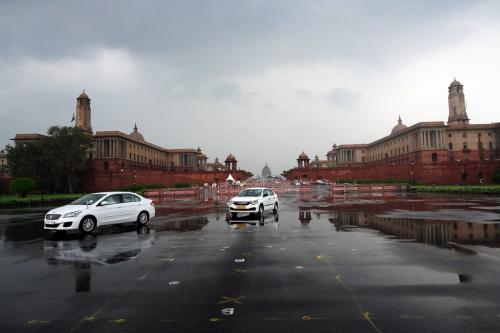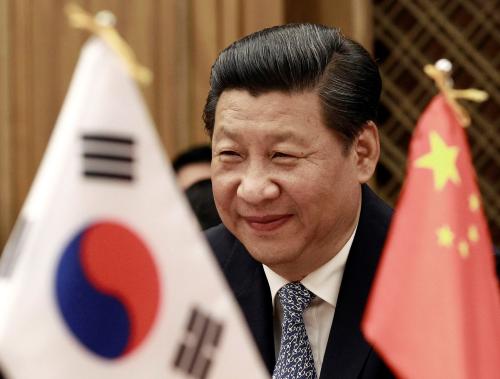Nine months have passed since the terrorist attacks against the U.S. on September 11, 2001. U.S. relations with the outside world have changed in many ways as a result. In what ways has 9.11 changed Sino-American relations? How should one explain the changes and continuities of the relationship? What does all this mean for the future development of the relationship? This paper represents a modest attempt to address these questions.
Sino-American Relations Since September 11
In retrospect, 9.11 has led to a significant improvement in Sino-American relations. The improvement is especially significant in light of the relationship prior to September 11.
1. Reduced Differences & Rising Tensions
The relationship between the two countries before 9.11 could be described as one of reduced differences and increasing conflicts. After 20 years of reform and openness, China has undergone some significant changes. As a result, the differences between China and the United States, be it economic, political, or cultural, have diminished over time. People traveling in China find that in major Chinese cities the streets are dotted with American fast food restaurants such as McDonalds, Pizza Hut, and Kentucky Fried Chicken. Chinese department stores are filled with many well-known American brand names such as Colgate, Proctor & Gamble, Nike and Microsoft. Chinese movie theatres show Hollywood movies such as Titanic, Antitrust, Moulin Rouge, A Beautiful Mind, etc. And Chinese youth are crazy about American atheletes like Michael Jordon, Andre Agassi, and Greg Louganis.
The reduction of differences not only takes place on a physical level, but also in terms of cultural and political values and economic, social and political practices. Twenty years ago, China rejected the free market, upheld the principle of self-reliance in its foreign economic relations, maintained an ambiguous attitude toward the rule of law, forbade any discussion of the human rights issues, and avoided the concept of democracy. Now it enthusiastically embraces free market economics, actively encourages integration with the world economy, promotes the rule of law, supports discussion on human rights and in its own way advocates democracy. Granted, the gap between China and the U.S. in various aspects is still wide, but it is much narrower than what it used to be. Indeed, China has never looked more like the U.S. today than at any other time in its five thousand year history.
The Brookings Institution is committed to quality, independence, and impact.
We are supported by a diverse array of funders. In line with our values and policies, each Brookings publication represents the sole views of its author(s).

